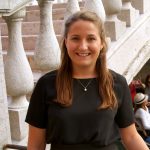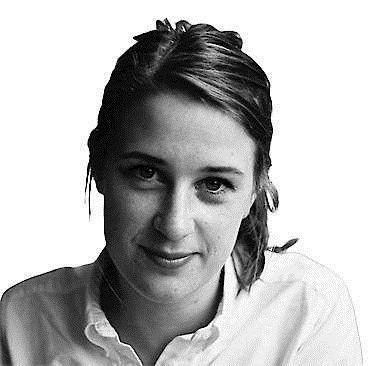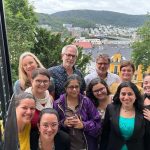Advisory board: Daniel Brinks, Aninka Claassens, Duncan Kennedy and Alf Gunvald Nilsen. The PluriLand project aims to develop a theory of land rights claiming in plural legal regimes through cross-regional investigation of conflicts over land affecting the land rights of vulnerable communities. Despite the protection of indigenous, traditional and/or communal land rights in many legal […]
Oda Ringstad: Master’s project. University of Bergen, 2019. It has been discussed whether a right to self-defence also applies for pre-emptive self-defence, meaning whether there exists a principle that allows a state to use armed forces in self-defence to defend itself against an upcoming attack. The famous Webster-formulation from 1837 states that a state can […]
Sara Ekblom has written her master’s thesis in law (UiB) on the right to water in investor-State arbitration. The thesis asks how investor-State Tribunals addresses the relationship between the Argentine Governments’ international duty to realize the human right to affordable drinking water through regulation and policy, and its international duty to accord foreign investors in […]
PhD Project for Anna Gopsill The research project aims to analyse the use of wartime sexual violence against men (SVAM) as a politicised weapon of war in Bosnia-Herzegovina (1992-1995) and Rwanda (1994). By tracing verdicts from the International Criminal Tribunal for the former Yugoslavia (ICTY) and the International Criminal Tribunal for Rwanda (ICTR), the project […]
Yngvild Gotaas Torvik has submitted her master thesis on queer asylum, titled “Safeguarding borders, or safeguarding queers – Norwegian perceptions of (in)credible LGBT asylum seekers at the intersection of ‘LGBT friendly’ norms and restrictionalist immigration policies”. This was written as part of the research project Sexual and Reproductive Rights Lawfare: Global battles. The thesis explores […]
Timeframe: 01.07.2020 – 31.12.2023 Funding source: Norges forskningsråd Project owner: OsloMet, Faculty of Education and International Studies Project manager: Axel Borchgrevink Partner institutions: Norwegian University of Life Sciences (NMBU – Ås, Norway), Tata Institute of Social Sciences – Hyderabad Campus (Hyderabad, India), University of Canterbury (Christchurch, New Zealand), Universidad Autónoma Latinoamericana (Medellin, Colombia), University of Bergen (UiB – Bergen, […]
Suing the State for climate change is the title for Catalina Vallejo Ph.D project. Vallejo finished her Ph.D.in 2018. About: How are courts around the world holding governments accountable for failing to mitigate or adapt to climate change? Through content analysis of court decisions in cases against governments around the world, the study examines where and how citizens […]
Project team: Lise Rakner (Project leader), Leonardo Arriola, Siri Gloppen , Kendra Dupuy, Vibeke Wang, Fiona Shen-Bayh, Svein-Erik Helle (post-doctoral fellow) and Lisa-Marie Måseidvåg Selvik (PhD candidate). Time frame: 08/01/2017-08/01/2021 Project description: Are dictators abusing formal institutions in a backlash against democracy, or are formal institutions increasingly restraining the discretionary power of more-or-less democratic politicians? Most African […]
Abstract: Water scarcity remains a huge problem in many countries, especially where a growing population compete with demands for water from industry and agriculture. In 2010, a United Nations General Assembly resolution recognised the right to safe and clean drinking water as a human right. However, the actual impact of this relatively new human right to […]
The UN Convention on the Rights of the Child (CRC) is a legal document with global reach and thus has a cosmopolitan imprint. The CRC is the most far-reaching document that explicitly states the rights of children. The convention serves young human beings, the child, and constitute a critical standard that can and should be […]






